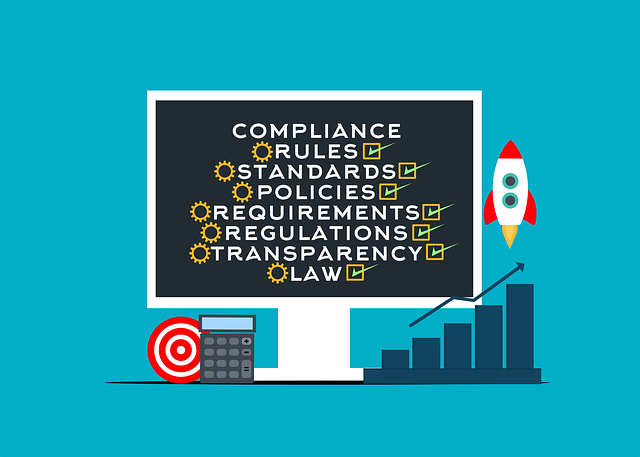In the competitive and regulated real estate market, prioritizing client safety is paramount. Comprehensive background checks for real estate agents, including property agent background verification and real estate license checks, are essential to mitigate risks. These measures ensure industry compliance, foster transparency and accountability, and ultimately protect clients from unethical practices in real estate transactions.
In an era where trust is paramount in the real estate sector, ensuring qualified and reliable agents is non-negotiable. Background checks for real estate agents serve as a robust shield against unqualified hiring, safeguarding clients and upholding industry integrity. This article delves into the crucial role of agent screening, highlighting how background verification identifies risks and red flags. Through case studies and best practices, it explores effective realtor background screening methods, emphasizing the importance of comprehensive license checks and technology-driven compliance for a thriving real estate market.
- The Importance of Real Estate Agent Screening
- – The role of background checks in the real estate industry
- – Protecting clients and maintaining industry integrity
The Importance of Real Estate Agent Screening

In the competitive and regulated real estate industry, ensuring client safety is paramount. Background checks for real estate agents play a crucial role in maintaining trust and integrity within the sector. Comprehensive agent screening goes beyond verifying their real estate license checks; it involves meticulous property agent background verification to weed out potential risks. By implementing robust real estate agent screening processes, agencies can safeguard their clients’ interests and ensure compliance with industry regulations.
Effective real estate agent screening programs encompass various aspects, including criminal record checks, previous employment verifications, and reference interviews. These measures help uncover any red flags that may impact an agent’s ability to act in the best interest of their clients. With these precautions, the real estate industry can foster a culture of transparency, accountability, and professionalism, ultimately enhancing client safety in real estate transactions.
– The role of background checks in the real estate industry

In the competitive and regulated real estate industry, ensuring client safety is paramount. Background checks play a pivotal role in this regard, acting as a robust screening mechanism for real estate agents. These verifications are not merely formalities but critical tools to safeguard clients from potential risks. By conducting thorough background screenings, including license checks and property agent background verification, real estate firms can identify and mitigate issues that may compromise the integrity of their business or the security of their clients.
Real estate agent screening is an essential component of maintaining industry compliance. It helps to prevent unqualified individuals from gaining access to sensitive information and facilitating transactions. Client safety in real estate is a collective responsibility, and proper background checks are a foundational step in ensuring that realtors operating within the sector are trustworthy and reliable. This process not only protects clients but also upholds the reputation of the entire industry.
– Protecting clients and maintaining industry integrity

In the competitive and highly regulated real estate industry, ensuring client safety and maintaining high standards is paramount. Background checks for real estate agents serve as a robust defense mechanism to protect both clients and the integrity of the sector. These screenings are not merely formalities; they are essential tools to verify the credibility of property agents before they gain access to sensitive information and financial transactions. By conducting thorough real estate agent screening, license checks, and background verification, industry professionals can mitigate risks associated with unqualified or dishonest individuals posing as realtors.
Real estate license checks and property agent background verification play a pivotal role in fostering client safety in real estate. They help identify potential red flags, such as previous legal issues, disciplinary actions, or unethical practices, thus ensuring that clients are not at risk of dealing with untrustworthy agents. Through these rigorous processes, the real estate industry can uphold its compliance standards and maintain a level of integrity that instills confidence in prospective buyers and sellers alike.






